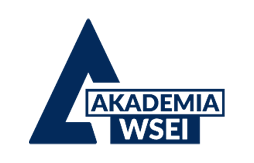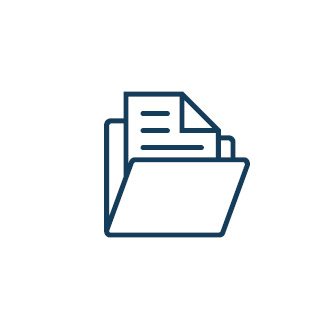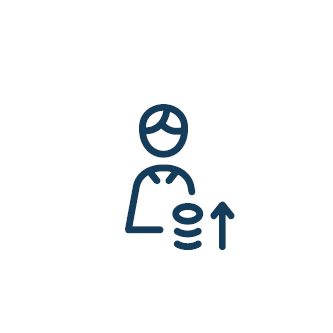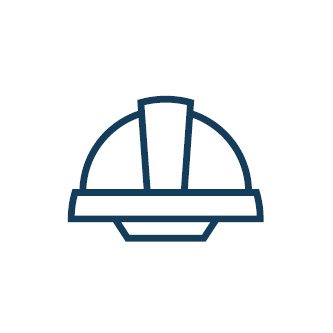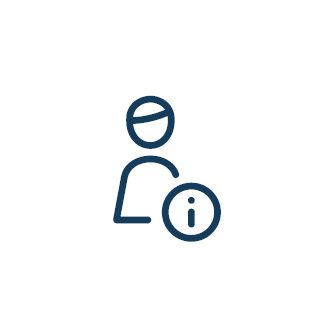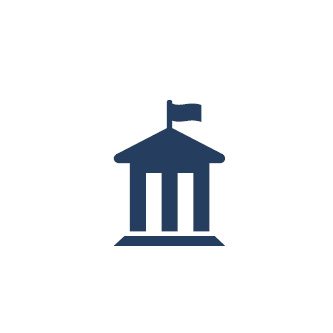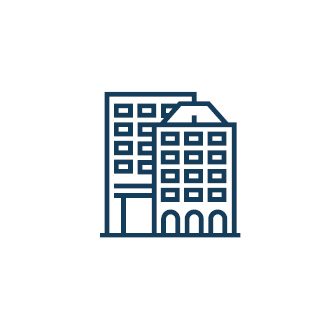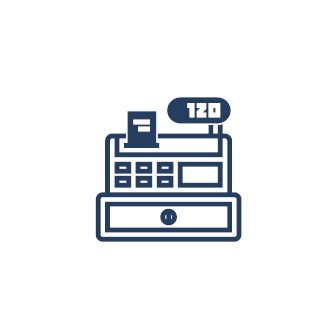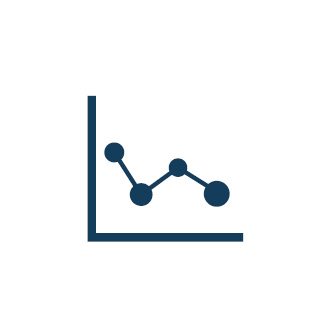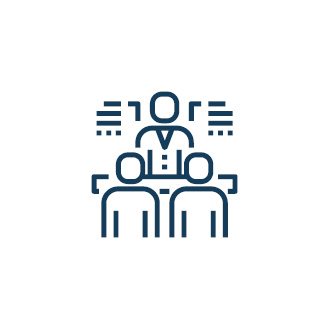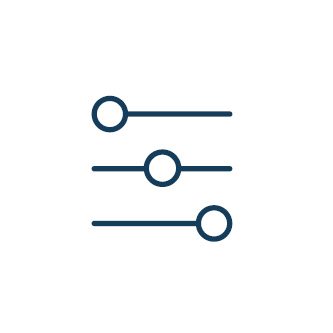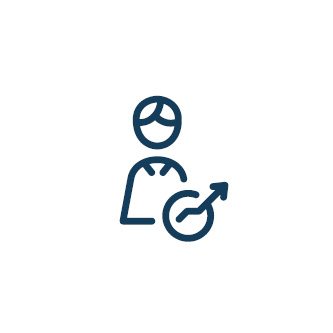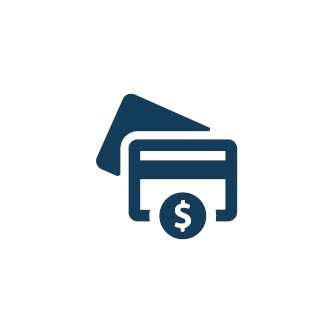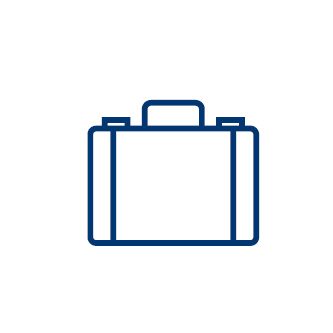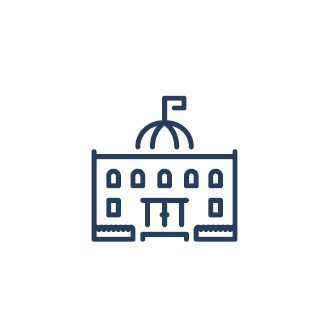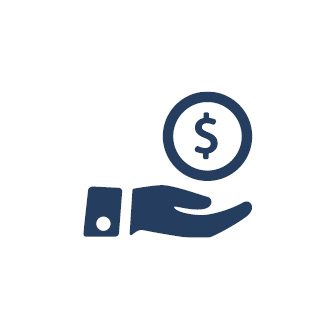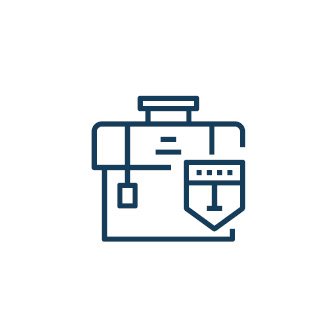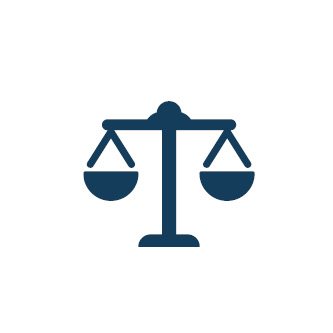ECONOMY is a field of knowledge necessary in many spheres of public life – political, economic. Graduating administration gives the graduate the ability to analyze and interpret phenomena and economic processes (both on a micro- and macro-economic scale).
RECRUITMENT COMPLETED
Level: 2nd degree studies
Mode: Stationary
Duration: 4 semesters/2 years
Obtained education: Master
Curriculum activities include:
- lectures – 1240 hours (including 240 hours with visiting professors),
- seminars – 260 hours;
Recruitment
- Obligatory criteria:
- A filled in application form
- Submission of a set of documents required for recruitment
- Good command of English (proved by the certificates confirming at least at the B2 of common reference level of English language ) and the candidates will have to take an entrance English exam (including demonstrating writing, reading, listening and speaking proficiency).
- Additional criteria:
- disability
- rural area origin
- sex
In case the number of candidates exceeds the number of places the additional criteria will be applied
Meeting the criteria mentioned above and the received number of points will decide on the candidate’s admittance.
If the number of candidates exceeds the number of places the transcript of grades on the high school certificate or the result of maturity exam in a major subject will be taken under the consideration.
In case the criteria outlined in I and II do not allow the process of recruitment to be completed the order of applying will decide.
The last step is signing the Learning Agreement which will outline the conditions of studying and fees for studies under Economics degree program (2-year study, 2nd cycle, Master Degree).
The programme of the studies
Graduate profile
During the studies under the Economics program (2nd cycle), the student gets a comprehensive economic and financial knowledge that is necessary to make the right business decisions. The graduate is able to adapt to dynamic changes in the global economy, has the ability to extract crucial information and use it in practice. In addition to standard subjects in the field of economics and related (history of economic thought, mathematical, statistical and international economics, Macroeconomics, law, financial and capital market), the student may choose from many interesting specialty subjects, e.g. data management, business models, financial diagnostic and economic simulations.
Lecturers put special emphasis on the practical aspects of business and its international aspects, in particular on:
- knowledge and skills to work with large sets of financial and macroeconomic data coming from the Polish and foreign markets,
- accurate representation of the operating principles of the global economy, taking into account the specifics of the analyzed markets, including different levels of access to data, reporting standards, legal framework, the principles of markets organization, levels of awareness of entrepreneurs and cultural diversity,
- ability to use analytical services, as well as statistical, econometric, benchmarking and forecasting tools to do the calculations and draw conclusions,
- use in the process of learning “life stories” and “use cases” based on the actual financial data,
- acquire independent learning skills, analysis of different solutions, making personal contacts, precise and understandable presentation of results, formulating critical views, organizing work and decision making.
The graduate is a specialist in the field of management of financial, human and material resources, is able to move freely in the global socio-economic sphere and is fluent in at least one foreign language. The graduate has the necessary knowledge, skills and managerial competencies to conduct his own business or to work in the public or private sector, particularly in the domestic and foreign enterprises, financial institutions or consulting companies, at operational or management position at all levels of company organization.
Extra-curriculum activities
International Summer School ( attendance is compulsory).
The international Summer School program will incorporate the following:
- Savoir-vivre – social convention, generally accepted standards, rules, social norms in Poland and in WSEI.
- Workshop on effective multicultural communication for students.
- How to legalize the stay in Poland?
- Meetings with the organizations supporting foreigners.
- Health Insurance System in Poland – how to use it.
- The rights and the duties of the employers and the employees.
- Lublin – a town friendly to international students;
- Creative CV;
- Workshops on innovative methods of data presentation based on available statistics.
Scholarships
- Polish students and foreign which are holders of the Polish Card may apply for social scholarships and the scholarship of the Rector for the best students.
- The scholarship will provide for the cost of living for 45 foreign students taking part in the project during their studies in Poland (max scholarship is 1.500,00 PLN a month).
Terms of participation in classes
- The students are obliged to attend all the classes regularly which is registered by a personal signature on the list. The students are required to be punctual and actively participate in classes.
- The students are obliged to take part in the International Summer School.
- The students have to take part in monitoring the process of implementing the project, evaluating and estimating it by filling the relevant questionnaires.
- The students must show their presence on at least 90% hours of each program.
- The students have to take part in surveying the graduates careers within 12 months after graduation.
